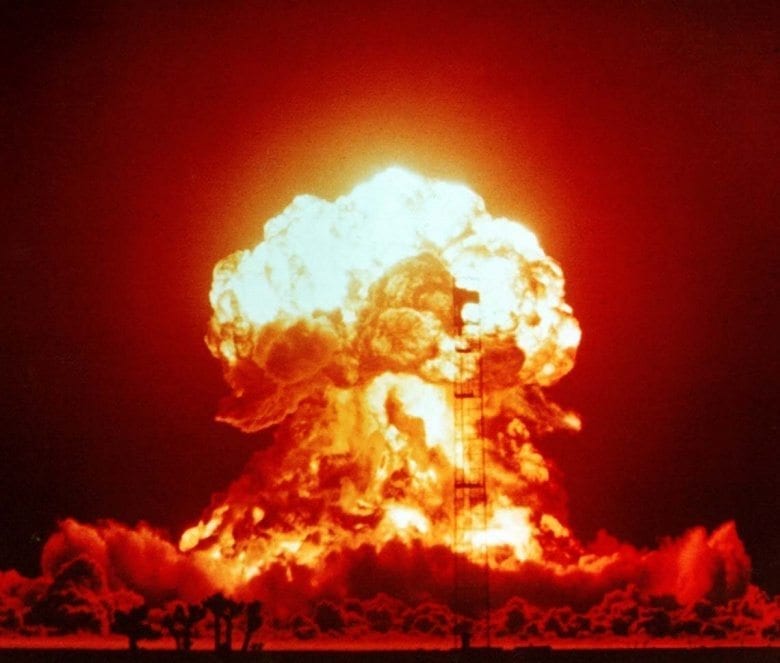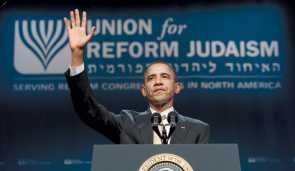Turkish Prime Minister Recep Tayyip Erdogan, accompanied by members of his cabinet, paid an official visit to China on April 8-11. The first by a Turkish PM in 27 years, the trip was remarkable in many ways and underlined the parties’ continued determination to deepen their cooperation, despite political differences on some regional issues.
The most spectacular part of the trip was Erdogan’s stopover in Urumchi, the capital of China’s Xinjiang autonomous region (Anadolu Ajansi, April 9). Since Erdogan’s vocal criticism of China over its brutal crackdown of the Uyghur demonstrations in the summer of 2009, Sino-Turkish relations have been transformed significantly. Turkey ceased to advocate the Uyghur issue in public forums, while the Chinese officials also allowed increasing interactions between Xinjiang and Turkey. In particular, China enables such interactions in order to give the message to Turkish public opinion that it respects the rights of the Uyghur people. Overall, the parties are careful to turn the Uyghur factor into an element of cooperation rather than a factor of tension in the bilateral relationship.
Chinese Vice President Xi Jinping’s visit to Turkey earlier this year underscored this mutual understanding to focus on areas of common interest (EDM, March 1). During his trip to Beijing and Shanghai, Erdogan held fruitful discussions with Chinese leaders to further cooperation in the economic and political realm, while also signing several agreements to enhance cultural exchanges. Granted, the relationship remains driven by economic interests.
In previous conversations, the parties indicated their determination to improve economic ties. Especially the Turkish side is keen to have a serious discussion on this issue, as Ankara currently incurs a major foreign trade deficit to Beijing. As the parties aim to increase the current bilateral trade volume from $25 billion to $100 billion by 2020, it will be important for Turkey to manage this process in a healthy manner so that its domestic market is not flooded with Chinese consumer goods (haberturk.com, April 10).
The two countries rank as the fastest growing economies in the world, further raising expectations that the parties should cooperate in the economic realm. In order to compensate for the liability caused by the trade imbalance, Turkey hopes to see a greater volume of Chinese investments flowing into its economy. During its trip to Shanghai, the Turkish delegation met with executives of Chinese investment companies to discuss the details of furthering economic cooperation (Anadolu Ajansi, April 11).
Erdogan went to great lengths to explain the “success” of the Turkish economy in the midst of the global financial crisis and how Ankara introduced structural reforms to turn the country into a safe destination for investments. He also underlined Turkey’s proximity and access to the European markets as an additional incentive to lure Chinese investments. Reportedly, the cabinet ministers and businessmen accompanying Erdogan signed several agreements with their Chinese counterparts, especially investments in Turkey’s energy sector and infrastructure projects. The government has reportedly received positive news about Chinese interest in its major infrastructure projects. Especially, Turkey wants to see greater Chinese investment – both in terms of financing and undertaking construction work – as it seeks to construct a high-speed train railway throughout the country (Aksam, April 13).
Indeed, the two countries also have been recognized as leading players in the worldwide construction sector. While China owns the largest number of international contracting firms, Turkey comes in second on the same list (Sabah, April 6). With the growing visibility of China in this field, concerns have been raised about competition between the two countries. Given China’s advantages, especially in terms of credit opportunities, Turkey is careful to avoid competition and instead works to woo China into cooperation.
A tangible outcome of the trip was the signing of a declaration on cooperation in peaceful nuclear technology (Anadolu Ajansi, April 9). This agreement follows Turkey’s earlier cooperation efforts with Russia, Japan and South Korea in this field. Such an agreement usually is a segue into negotiations on the construction of a nuclear power plant. So far, Turkey granted a tender for its first-ever nuclear power plant to be built in the Mediterranean coastal town of Mersin-Akkuyu to Russia. The second plant is planned to be constructed in the Black Sea province of Sinop. Earlier, the talks Turkey launched with South Korea pertaining to the second plant failed, partly because Seoul was reluctant to give the state guarantees for the investments. As Turkey initiated negotiations with Japan on the same project, the Fukushima disaster again led to the interruption, with the Japanese side giving unclear signals as to their willingness to resume the talks.
Following Erdogan’s trip, Turkish Energy Minister Taner Yildiz announced that Turkey would soon hold talks with Japan, South Korea and China on the construction of the country’s second nuclear power plant (Anadolu Ajansi, April 13). Ankara’s approach in nuclear talks is significant in many ways. On the one hand, it seems that Turkey might be hoping to benefit from competition between the three Asian powers and receive a better deal for the second plant. In his remarks, Yildiz clearly underlined that Ankara would pick up the best offer between the three countries. On the other hand, this development also indicates Turkey’s anxiousness to conclude a deal, after having invested political capital in the idea of constructing a second plant. Given its soaring energy needs in recent years, which are met largely by imported hydrocarbons, Turkey has attached a major value to nuclear power plants in its energy strategy.
However, this rather hasty and pragmatic approach also raises questions. The first plant was contracted to Russia, although Moscow has a mixed international reputation. Now, the pursuit of an agreement with China, which has not established itself as a major international player in this field, makes one wonder about the coherence, sustainability and reliability of Turkey’s nuclear energy plans. Occasionally, the government comes under criticism over the safety of the plants to be constructed with this strategy (www.turkey.setimes.com, November 11, 2011). In an obvious attempt to allay such questions, Yildiz also maintained that the plants will be built in line with robust standards, set by the International Atomic Energy Agency and the EU. Even if this will be the case, it remains to be seen if Turkey can genuinely develop peaceful nuclear technology by building partnerships with different players.
https://jamestown.org/program/turkey-inches-closer-to-nuclear-cooperation-with-china/
 Over the past two decades, discussions within the nuclear community about emerging nuclear powers always centred on the “usual suspects”: Iran, Saudi Arabia, Brazil, Egypt, Japan, South Korea and Turkey. Not surprisingly, opinions as to the likelihood of a military nuclear program differed. In the case of Iran, for example, the evidence appeared solid. By contrast, the case of Turkey was built on vague indications.
Over the past two decades, discussions within the nuclear community about emerging nuclear powers always centred on the “usual suspects”: Iran, Saudi Arabia, Brazil, Egypt, Japan, South Korea and Turkey. Not surprisingly, opinions as to the likelihood of a military nuclear program differed. In the case of Iran, for example, the evidence appeared solid. By contrast, the case of Turkey was built on vague indications.



